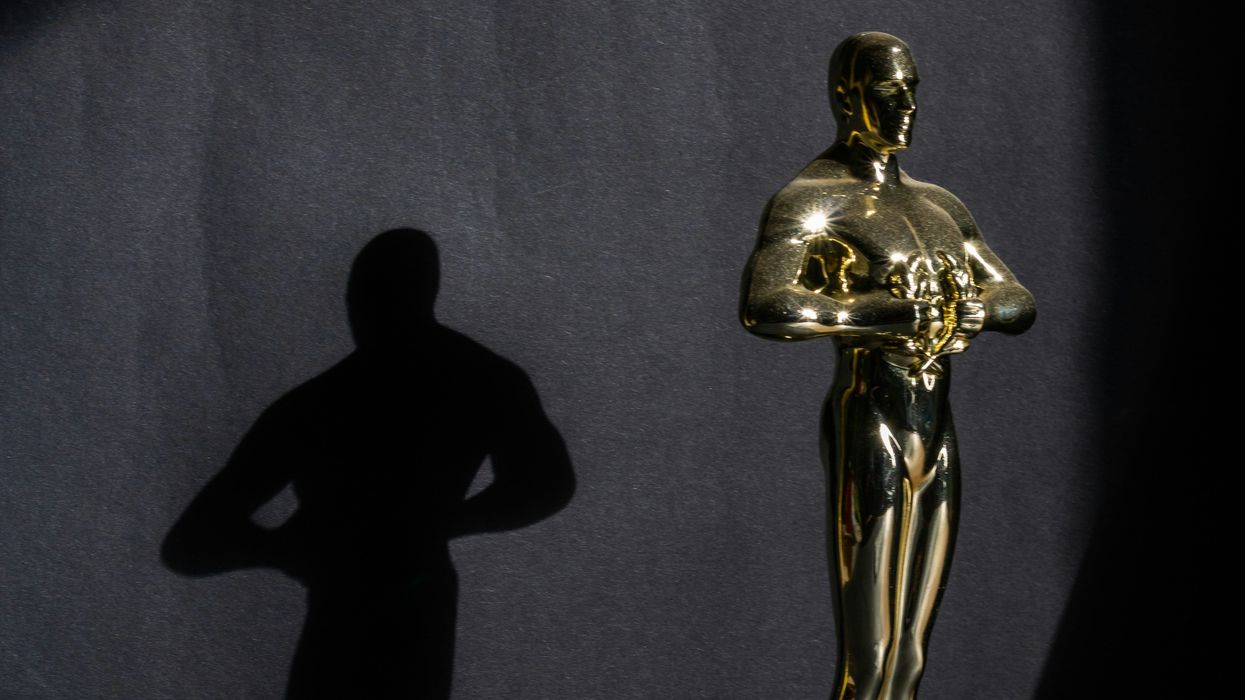The Oscars have always been political, but this year, it promises to be one of the most politically charged awards shows in recent memory. It arrives at a time when the White House's dismantling of DEI programs and mass deportation raids have sent a ripple effect through all facets of American life, including Hollywood.
This is why the Dolby Theater, home to the 97th annual Academy Awards, will be the stage for two competing visions of America: one in which artists, not politicians, shape the culture and another in which the presidency seeks to define it.
At the center of it all is Netflix's cartel musical Emilia Pérez, the most nominated film at this year's Oscars. Directed by French filmmaker Jacques Audiard and loosely based on Boris Razon's 2018 novel Écoute, the film follows a feared Mexican cartel leader, played by Spanish trans actress Karla Sofía Gascón, who orchestrates their own disappearance to transition and start a new life as a woman.
Lauded by festivals for its artistic vision but criticized by others for misrepresenting Mexican culture, Emilia Pérez has become a lightning rod at the intersection of art and politics. If Karla Sofía Gascón, the film's star, becomes the first openly trans actress to win an Oscar, or if the film takes Best Picture as the first Spanish-language film to do so, it would be a direct rebuttal to a White House actively targeting transgender rights and undocumented Mexican immigrants.
The Merging of Politics and Pop Culture
This tension between culture and politics, Hollywood and Washington, is nothing new. Politicians have leveraged pop culture to tap into passionate fan bases and cultural conversations to gain clout for decades. At the same time, celebrities have used their platforms to inspire and shape policy from afar. But today, we're witnessing a complete collapse of those fiefdoms, where the distinction between the two has all but vanished.
Take, for instance, President Donald Trump's recent ousting of the Kennedy Center's leadership and assuming a 'tastemaker-in-chief' role, serving as the new chairman of America's premier cultural institution, in an attempt to dictate what kind of art is deemed 'American.'
Further blurring the lines between art and politics is the possibility of actor Sebastian Stan winning a Best Actor Oscar for portraying Trump in the film, The Apprentice while Trump himself watches from the White House. It's surreal, meta-commentary at the moment we're living in, where politics is entertainment and entertainment is politics, making it impossible to tell where one ends and the other begins.
Award Shows as Political Stages
Meanwhile, award shows like the Oscars, Grammys, and Kennedy Center Honors double as political stages for artists looking to speak truth to power. Jane Fonda, for instance, received the Lifetime Achievement Award at this year's Screen Actors Guild (SAG) Awards and delivered a speech calling for resistance against divisive politics, saying, "Empathy is not weak or woke... woke just means you give a damn about other people."
Similarly, Richard Gere was recently honored with the International Award at the 2025 Goya Awards in Spain. In his acceptance speech, he criticized the political climate in the United States, referring to President Donald Trump as a "bully" and a "thug" and stating that the U.S. is "in a very dark place."
The Oscars have long been a cultural barometer, where every speech, montage, win, or snub is dissected as commentary on the state of American culture. But what's different now is the speed and intensity of the response. In an era in which a sitting president can react in real-time on social media and enact policies through executive orders, the Academy Awards are no longer exclusively Hollywood's biggest night — they have become a metaphorical tribunal where the industry's choices face instant scrutiny from the highest levels of power.
The Stakes of Oscar Night
With Mexico's borders and trans rights policed and politicized and a president looking to dictate artistic expression, this year's Oscars will show how politicians and celebrities use pop culture to influence public perception and shape national identity. A win for Emilia Pérez would serve as both a cultural statement and a direct challenge to Trump's policies, reinforcing Hollywood's commitment to diversity. It would affirm that stories centered on trans identity and Latino narratives deserve recognition at the industry's highest level.
Regardless of who wins or loses, the entertainment industry cannot separate itself from this political moment. When we hear, "And the Oscar goes to...," the answer will reveal more than just a winner. It will ultimately reveal where America's national identity is headed.
Jack Rico is an entertainment journalist, TV host, and media pundit with over two decades of experience covering Latinos in media and entertainment. Recently featured on ABC News' primetime special "Latinos in Hollywood" and co-host "Brown & Black" on CUNY TV, a limited television adaptation of our Webby-nominated podcast.




















Trump & Hegseth gave Mark Kelly a huge 2028 gift